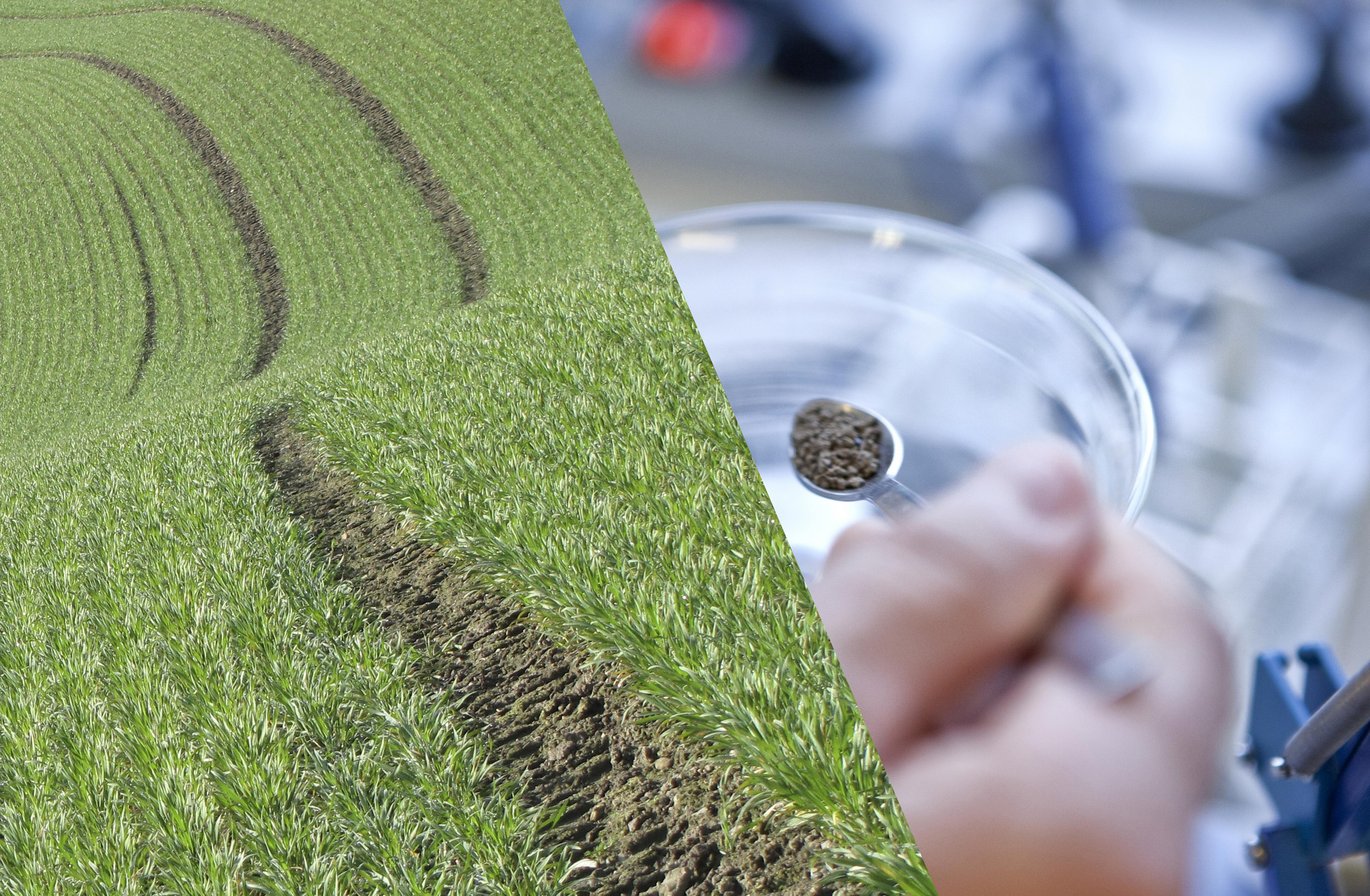Bridging the gap between lab and field studies in soil microbiology research
There is a need to bridge the gap between laboratory and fields studies in soil microbiology research. But scaling up from lab to ecosystems presents challenges, including discrepancies that potentially impact policies.

Soil microbiology research increasingly depends on big data. This means that experiments will no longer only mostly be carried out under controlled conditions in the laboratory but will instead move out into the fields.
“It will naturally present challenges when you choose to scale up your research from laboratory to field trials and beyond. There is a big difference between laboratory and field experiments, and this can lead to inconsistent and even contrasting results, so it is important to bridge the gap between laboratory, field and model-based studies of microbial ecosystem functions," explains tenure track researcher Ji Chen from the Department of Agroecology at Aarhus University.
From well-controlled conditions to uncontrolled
In the laboratory, experiments can be carried out under very controlled conditions. The same is not true when you move the experiments to ecosystems in fields. Here results are influenced by variations in weather, soils and a vast number of other environmental conditions.
"You could actually say that the laboratory experiments are limited because they ignore the wide range of environmental impacts that you would encounter in situ. So, there is a risk of contradictions between laboratory and field studies, which can ultimately mislead our development of models and projections," says Ji Chen.
In other words, it is important that soil microbiology research is scaled up from laboratories to actual ecosystems in order to get the most valid results. However, according to Ji Chen, there are major challenges:
"Scaling up is not just about making the experiments bigger, it requires us as researchers to investigate and work out what microbiological processes and relationships are going on in the soil at every level when we can't control all the environmental influences."
The differences between laboratory and field results
A major difference between the different experiments is the soil. The soil used in laboratory studies is disturbed. It has been dug up and moved, in some cases also treated. This can lead to changes in microbial communities and nutrient cycles that do not necessarily reflect those found in undisturbed field soils.
"The duration of the study can also affect the results, as short-term laboratory incubations may give different predictions than long-term laboratory studies or field-based observations," says Ji Chen.
Such discrepancies in research results can have implications for the prediction of the soil's carbon and nutrient cycle, as well as in greenhouse gas emissions, according to the researchers.
"Ultimately, in other words, these discrepancies can affect the development of policies based on scientific evidence. This is a challenge we face as environmental researchers because our results can be used to inform policy makers on climate-smart and resource-efficient ecosystems," says Ji Chen, who points out that the lack of knowledge on upscaling soil microbiology from laboratory to ecosystems should motivate more interdisciplinary collaboration across experimental, observational, theoretical and modelling research.
| ITEM | CONTENT AND PURPOSE |
|---|---|
| External collaborators | Department of Agroecology at Aarhus University, Chinese Academy and Sciences, iCLIMATE at Aarhus University, Yunnan University, University of Göttingen, Henan University, and CBIO - Aarhus University's Center for Circular Bioeconomy. |
| External funding | The study is funded by Aarhus University Research Foundation through Grant/Award number: AUFF-E-2019-7-1; Danish Council for Independent Research, Grant/Award number: 1127-00015B; EU H2020 Marie Sklodowska-Curie Actions, Grant Number: 839803; Nordic Committee of Agriculture and Food Research; RUDN University Strategic Academic Leadership Program; National Natural Science Foundation of China, Grant/Award Number: 32130066 |
| Conflict of interest | None |
| Link to the scientific article | The publication "Challenges in upscaling laboratory studies to ecosystems in soil microbiology research" is published in Global Change Biology. It is written by Ji Chen, Yong Zhang, Yakov Kuzyakov, Dong Wang and Jørgen E. Olesen |
| Contact information | Tenure track researcher Ji Chen, Department of Agroecology, Aarhus University. Phone: +4560202612 or email: ji.chen@agro.au.dk |
